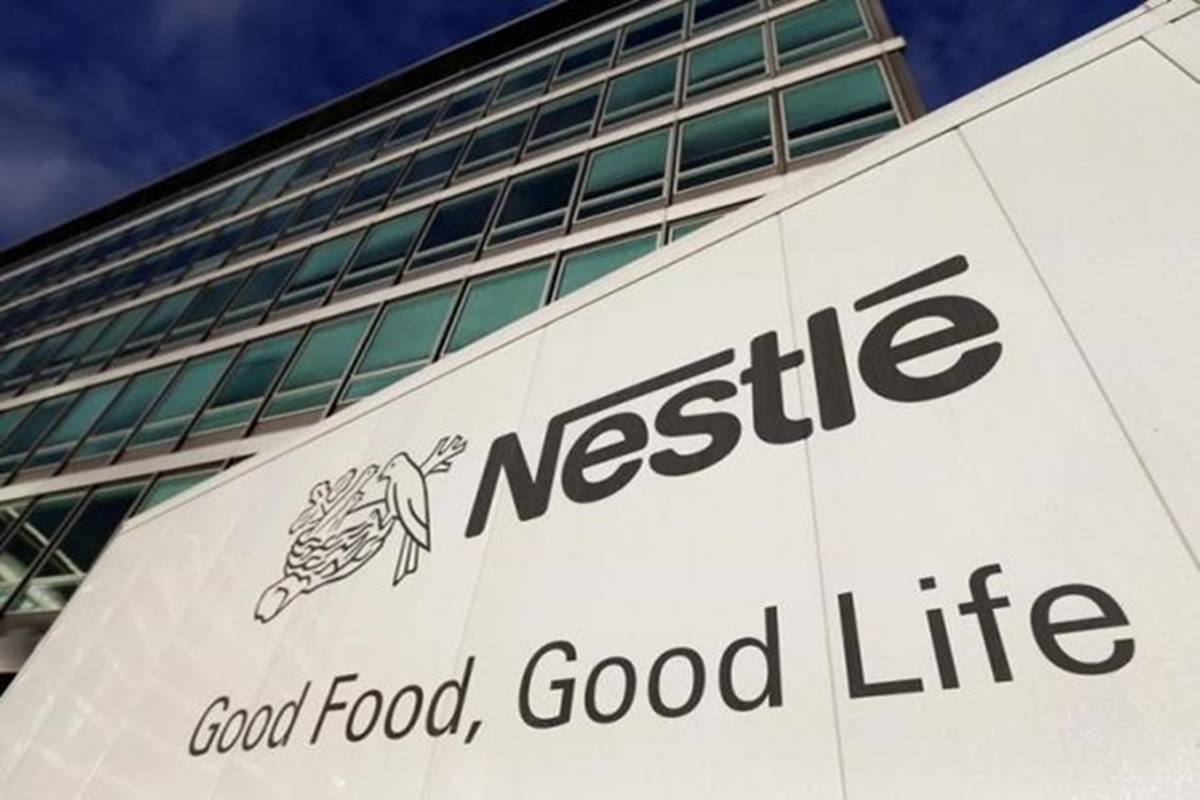HUL, Nestlé India stocks suggest no covid-19 impact for some firms

The fact valuations are rising rapidly at a time when earnings are being downgraded is a sign of trouble.
FMCG firms’ stocks outperformance is primarily driven by a flight to safety by some investors.
Analysts estimate revenues of top staples firms to grow at almost same rate as in the Dec.
Shares of Hindustan Unilever Ltd (HUL) and Nestlé India Ltd hit new 52-week highs on Wednesday. With stocks correcting across the world owing to the impact of covid-19 and related lockdowns, the performance of Indian consumer stocks is striking to say the least. Note that shares of Unilever Plc. and Nestlé SA are trading about 22% and 10% lower compared to their 52-week highs.
In the current backdrop of uncertainty, some investors see stocks of fast-moving consumer goods (FMCG) firms as safe havens, since these businesses are relatively less impacted.
“The trade on stocks that will be least impacted by the lockdown is on steroids,” said an analyst at a domestic institutional brokerage firm, requesting anonymity.
Stocks on steroids.
As the chart alongside shows, HUL shares traded at a premium of about 220% to the Nifty 50 index when the market peaked in mid-February. The premium, based on one-year forward earnings estimates of Kotak Institutional Equities, is now at 340%. In Nestlé India’s case, the premium is even more outlandish at 380%.
A moot question is if valuations will come crashing down if earnings disappoint. “Investors are likely to view performance of consumer companies relative to the rest of the market, rather than look at absolute declines in revenues or profits. As such, the current fancy for these stocks is likely to continue,” said the above-mentioned analyst.
Analysts at Kotak Institutional Equities estimate revenues of top consumer staples firms to grow 3.5% year-on-year in the March quarter, almost the same as in the December quarter. A rush to stock up on essentials is likely to aid sales of some FMCG firms, although those dependent on a higher proportion of discretionary spend are likely to be hit.
Among the consumer pack, HUL and Nestlé India are the favourites for obvious reasons. Investors believe in HUL’s execution capabilities and distribution might. “Most of Nestlé India’s portfolio consists of food products and in such times, consumers prefer a good brand,” said Nitin Gupta, analyst at SBICAP Securities Ltd.
Nestlé India’s higher exposure to urban markets is also seen as a positive, especially at a time when the rural market is expected to be hit.
Having said all this, the fact that valuations are rising rapidly at a time when earnings are getting downgraded is a sign of trouble. While earnings estimates for HUL, Nestlé India and other consumer companies haven’t fallen as much as other firms, they are still down.
“Consumer demand, which was already slowing down before this disruption, is likely to weaken further, thereby reducing our growth forecasts,” said analysts at Emkay Global Financial Services in a note to clients, which recommended a sell on Nestlé India shares. Of course, such warnings are falling on deaf ears.




